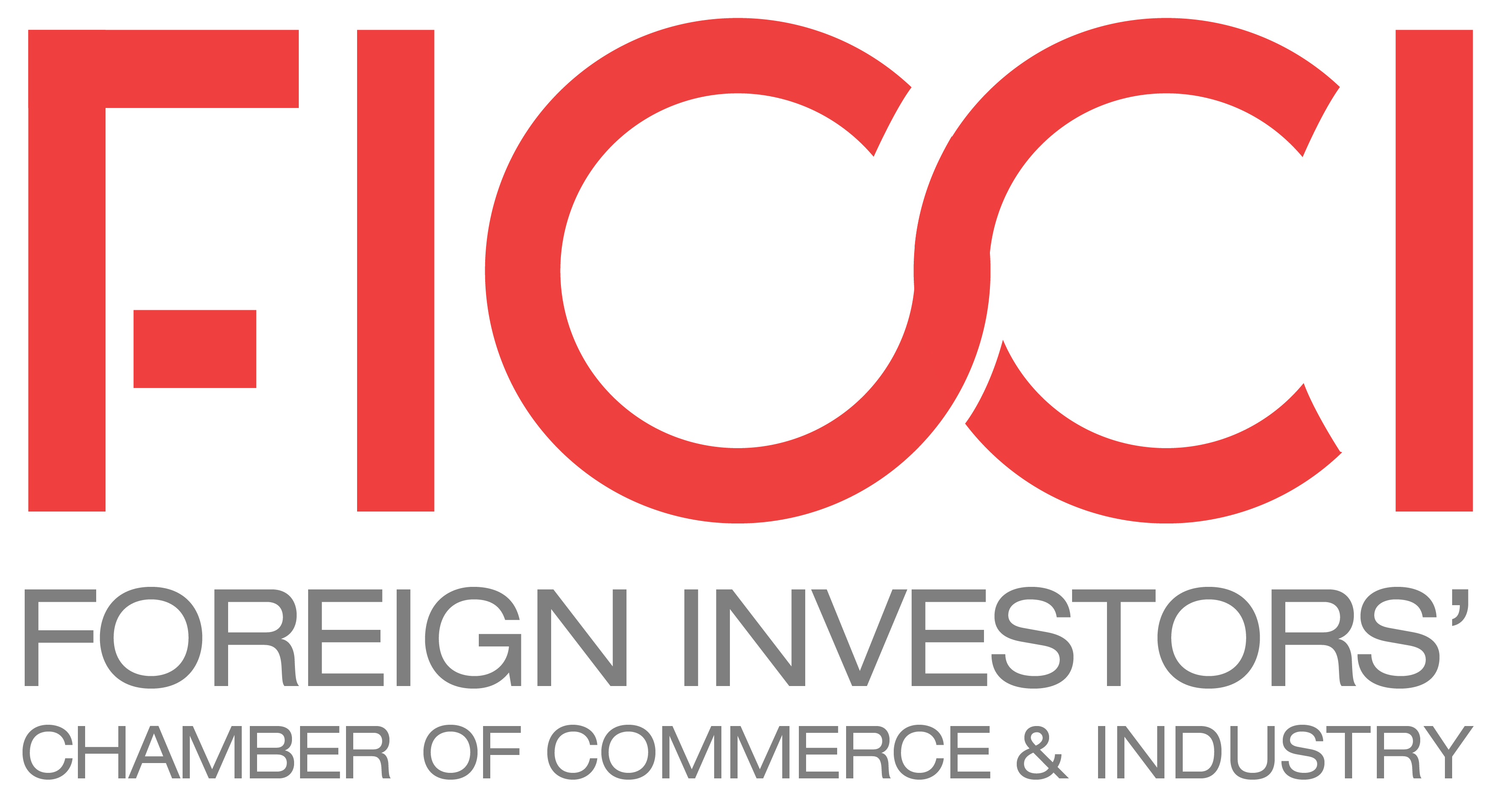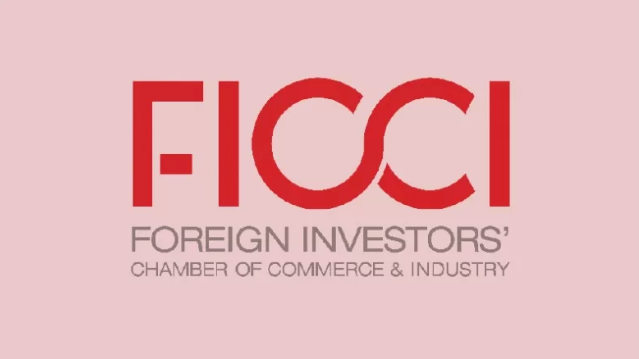The Foreign Investors’ Chamber of Commerce and Industry (FICCI) has recommended simplifying the tax policy and making it long-term to attract foreign direct investment (FDI) in Bangladesh.
Meanwhile, the tax on contributions to the Workers’ Profit Participation Fund (WPPF) proposed in the Finance Bill 2023 will ultimately increase the income tax burden of the companies and similarly increase the effective tax rate, it said.
FICCI leaders expressed their views on the proposed national budget for the 2022-23 financial year at a press conference at a hotel in Dhaka on Tuesday, where FICCI Tax Consultant Snehasish Barua presented the keynote paper.
FICCI Adviser Rupali Chowdhury said, “The tax system here is complicated. For example, a foreign investor invested in Bangladesh based on a specific tax rate but at the end of the year, he found out he will have to pay a lot more.”
“The government has set up 100 economic zones to create more jobs and it will need foreign and local investments to enjoy the benefits. But what have we seen so far?
“The government has imposed 15 per cent VAT on land lease, which has demotivated investors,” said Rupali, also the managing director (MD) of Berger Paints.
She added, “Generally, FDI is lower in Bangladesh than in other countries.
To attract more FDI, we have to have fixed long-term tax measures.”
Snehasish said that the government has proposed some corporate tax rate cuts with some conditions. “In reality, they are quite difficult to meet.
“Recruitment of 25 transgender people will be difficult. Also, to get the 2.5 per cent corporate tax exemption, it won’t be possible to do all types of transactions, except cash expenditure and investment up to a total of Tk 12 lakh per annum, through bank accounts.”
“We recommend reducing the number of transgender recruitment. We are agreeing to the other condition as well but our current infrastructure is not in favour of it. The government should implement it gradually,” he said.
FICCI President Naser Ezaz Bijoy, also the CEO of Standard Chartered Bank, said they are against the proposal mentioned in the budget that is for providing amnesty to money launderers.
“Though it may help to bring back some laundered money, it will demotivate taxpayers in the long run,” he said.
Naser said that the budget is potentially business-friendly but if some issues are not positively refined, it will unravel the benefits unless some of the provisions such as the WPPF are reversed.
He added that the disallowance of contribution to WPPF will increase income tax expenses.
FICCI leaders said contribution to WPPF has been proposed as inadmissible expenses based on the idea that it is an apportionment of profit from after-tax profit like a dividend, while the fact is that it is a statutory payment for the benefit of the employees, which is paid from pre-tax profit as per the law.
FICCI Adviser and British American Tobacco Bangladesh MD Shehzad Munim also said, “As a Bangladeshi businessman, even I can’t understand the tax policy easily. How will a foreign investor understand it?”
He suggested simplifying the tax policy to help all investors understand easily and attract more FDI.


